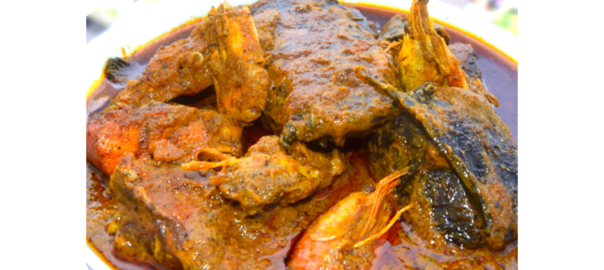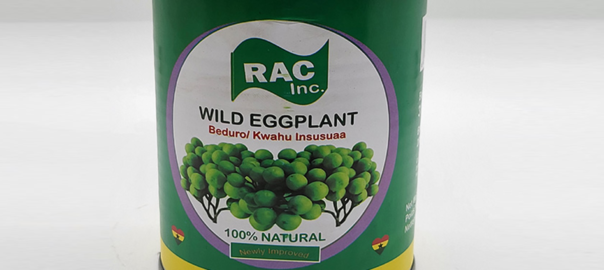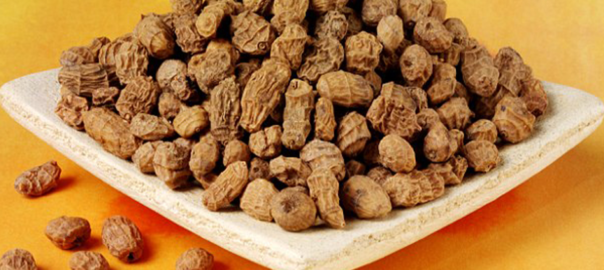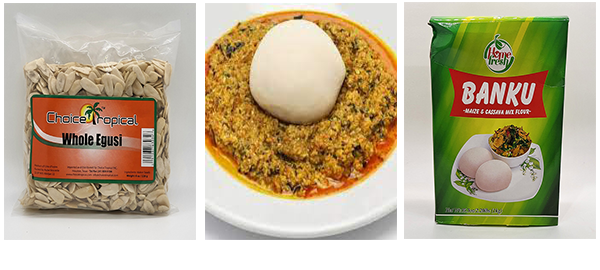
According to the findings of various scientific studies, moringa leaves and ginger may each offer a variety of advantages for one’s health.
- It helps treat arthritis.
Because of its anti-inflammatory properties, moringa may be helpful in treating the symptoms of arthritis. In addition to this, it is rich in a variety of vitamins and minerals, such as iron, copper, magnesium, and potassium.
Ginger also helps reduce inflammation, which is one reason why it is one of the most effective treatments for arthritis.
- It helps to prevent cancer.
Moringa contains benzyl isothiocyanate, which research has shown to inhibit the growth of cancerous cells. Patients undergoing chemotherapy often receive a prescription for this medication.
Components of the ginger plant have radioprotective properties, which means they can protect healthy tissues from radiation and alleviate patient toxicity concerns. Ginger has been shown to have anti-cancer properties, and researchers believe that these properties are due to gingerol, a compound that is present in raw ginger in high concentrations.
- It relieves headaches.
Since ancient times, moringa has been employed as a natural analgesic and pain reliever. It is a pretty effective treatment for both migraines and headaches that last for a long time. In addition, it alleviates pain of every kind through its action as an analgesic. Ginger also eases the pain and nausea of migraines.
- It lowers cholesterol.
The consumption of moringa has been shown to significantly reduce blood levels of cholesterol while also assisting the body in remaining healthy and functional. On the other hand, ginger has anti-inflammatory properties and is safe to consume if you want to keep your heart healthy.
Studies on both humans and animals have shown that the leaves of the Moringa oleifera plant have the ability to reduce cholesterol levels. While there is also medical evidence in both humans and animals that showed that ginger could cause notable reductions in LDL (bad) cholesterol, total cholesterol, and blood triglyceride levels, ginger was not found to have any effect on the levels of HDL (good) cholesterol.
Because of this, moringa leaves and ginger may be some of the best foods for treating high cholesterol.
- It helps to reduce hypertension.
Moringa includes ingredients like thiocarbamate and isothiocyanate among its constituents. All of these contribute to the individual’s reduced risk of developing high blood pressure. Because ginger is an anti-inflammatory and a powerful blood thinner, adding it to this recipe helps lower blood pressure in addition to all the other benefits it offers.
- It calms the stomach and treats nausea.
Moringa’s powerful anti-ulcer properties make it an effective treatment for a variety of gut and stomach conditions. Moringa can also assist with digestive problems and discomfort. Ginger is well-known for its ability to alleviate nausea and prevent morning sickness. This is another one of ginger’s many health benefits. As a consequence of this, this dish is the best thing to consume first thing in the morning.
- It helps to protect the liver.
Moringa leaves have been shown to be beneficial in the management of liver disorders. It not only helps the organ heal, but it also protects against a variety of liver diseases. In a study done on animals, the leaves of Moringa oleifera were found to reduce both the severity of liver damage and the symptoms of liver fibrosis.
Ginger has antioxidants and properties that help lower triglycerides, both of which help prevent and treat fatty liver disease.
- It helps to prevent anemia.
Because moringa has a high iron content, it may be beneficial for those who suffer from anemia. In addition to this, moringa can help your body take in iron into its cells more easily.
Some reports say that people with anemia may also feel better when they eat ginger.
- It lowers blood sugar levels in the body.
Moringa leaves and ginger root have both been shown to have the potential to lower levels of blood sugar in the body. In a study that was completed in 2015, the participants had type 2 diabetes, and they consumed ginger on a regular basis. The participants saw a 12% reduction in their blood sugar levels when they were fasting. The leaves of the moringa tree, on the other hand, have been shown to possibly help reduce blood sugar levels. In a study with six diabetic people, eating 50 grams of moringa leaves every day cut the rise in blood sugar by 21%.
As a result, one of the potential health benefits of moringa leaves and ginger may be their capacity to reduce the amount of blood sugar that is produced by the body.
A Recipe with Moringa and Ginger:
Ingredients:
85g ginger, freshly grated
Ten green moringa leaves
1 tablespoon honey
Four cups of water
Direction:
Then wash and chop the ginger root into slices.
Remove it from the water after ten minutes and set it aside.
Place the moringa leaves in it and leave it for a while. Add honey for more flavour.
One cup of this medicine can be taken in the morning and before retiring to bed.
Moringa leaves and ginger are both high in nutrients and have the potential to help people in a medical capacity; numerous medical studies have demonstrated that they have a variety of positive effects on health. Nevertheless, despite the large number of scientific studies, there is a dearth of evidence regarding the effects on humans. As a result, there is a need for additional research. Make an appointment with your primary care doctor before you start any kind of treatment, whether it’s traditional or something you can do at home.









